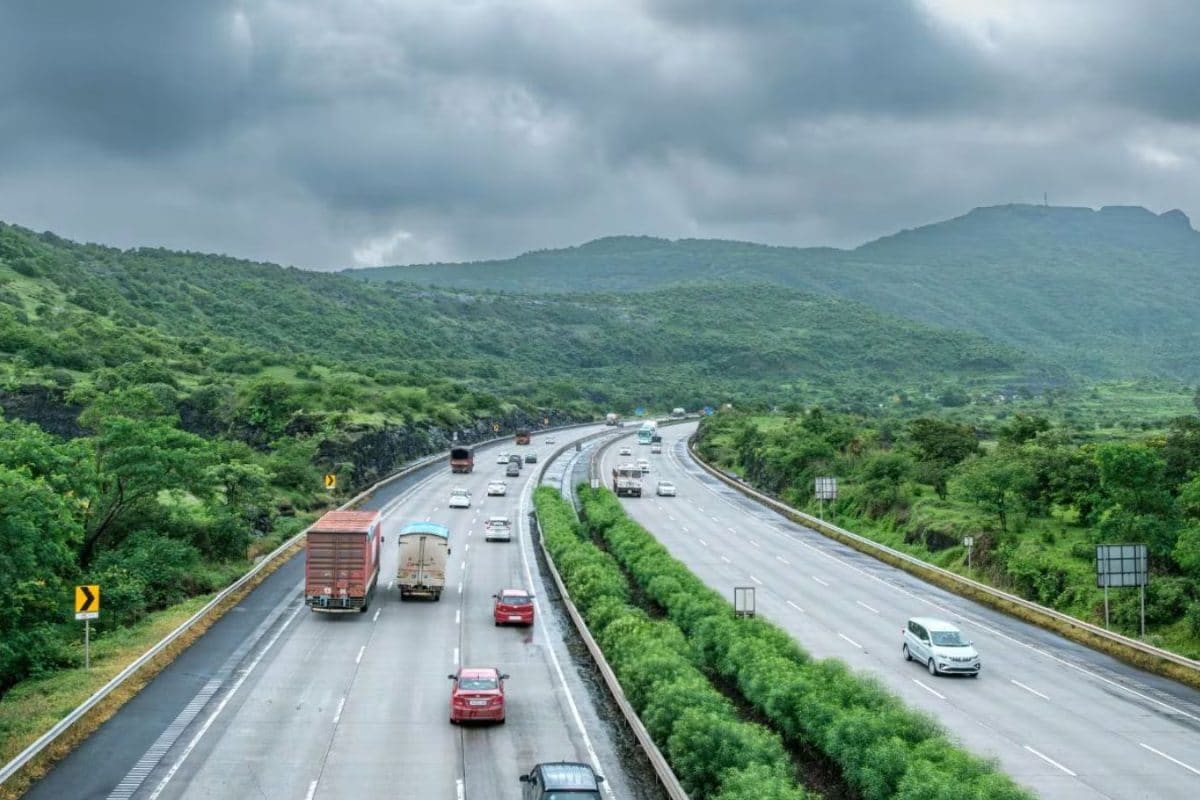Choosing Your Safari
Before diving into the specifics, understanding the type of safari you're interested in is crucial. Jungle safaris vary, offering diverse experiences across
different national parks and reserves. Research locations and understand the specific characteristics of each destination. National parks and reserves often present distinct advantages. For instance, national parks typically follow strict regulations, and reserves might have different protocols. The duration of your safari can affect your experience significantly. Short safaris are generally less expensive but may limit the opportunities to spot wildlife. Extended safaris provide more time to explore the area, increasing the chances of observing a greater variety of animals and enjoying the tranquil ambience of the jungle. Consider your budget and the length of time that aligns best with your interests and safari goals, ensuring you select a safari that fits your preferences.
The Ideal Timing
Timing is a pivotal factor when planning a jungle safari, influencing your chances of wildlife sightings and overall comfort. The ideal period for most Indian national parks and reserves falls between the winter and summer seasons, roughly from November to June. During this timeframe, the climate is relatively dry and cooler, minimizing the risk of rain, which can hamper visibility. The peak season often coincides with these drier months, leading to potentially higher prices and more crowds. Early morning and late afternoon are typically the best times for animal sightings as many animals are most active during these cooler hours. Planning your safari to take place during the shoulder seasons (e.g., late October or early June) can offer a good balance between pleasant weather, fewer crowds, and opportunities for wildlife viewing. Assess your priorities to schedule your safari in accordance with weather patterns and desired animal-sighting opportunities.
Proper Attire Selection
Choosing the right clothing is crucial for both comfort and safety during a jungle safari. Opt for lightweight, breathable fabrics, like cotton or linen, which help in the hot and humid conditions. Select muted, earthy colors, such as khaki, olive green, or brown, to blend with the surroundings. Avoid bright colors that could attract attention. Long-sleeved shirts and pants are advisable to protect you from the sun, insects, and scratches from vegetation. A wide-brimmed hat is essential to shield your face and neck from the sun. Sturdy, closed-toe shoes, such as hiking boots or durable sneakers, are essential for navigating the terrain. Pack a light jacket or sweater, especially for early morning and evening game drives when temperatures can drop. Sunglasses and sunscreen are necessary items to shield against the sun's strong rays, and bringing insect repellent is recommended for protection against bites.
Essential Gear Checklist
Packing the correct gear is key to ensuring a pleasant and successful jungle safari. A good pair of binoculars is absolutely essential to spot wildlife from a distance. A high-quality camera with a zoom lens allows you to capture the moments. A first-aid kit containing basic medications, antiseptic wipes, bandages, and any personal medications is vital for emergencies. Bring a flashlight or headlamp, as game drives may extend into dusk. A reusable water bottle to stay hydrated, especially in the heat, is a must-have. Insect repellent to deter mosquitoes and other insects. A small backpack to carry your essentials on game drives. Consider bringing a field guide to animals and birds, which can enhance your wildlife-spotting experiences. Lastly, consider bringing a power bank, since you may not always have access to electricity.
Respect Wildlife Guidelines
Respecting wildlife and the natural environment is critical. Maintain a respectful distance from animals. Avoid making sudden noises or movements that could startle the animals. Always listen to your guide's instructions and follow any specific rules. Refrain from feeding the animals, as this can alter their natural behavior and cause dependence on humans. During game drives, stay inside the vehicle and never attempt to approach animals on foot. Proper disposal of waste is very important to help protect the environment. Be mindful of the delicate balance of the ecosystem, and do your part to minimize your impact. Embrace the experience of observing wild animals in their natural habitat, appreciating their behaviour without disrupting their environment.
Choosing Safari Vehicles
The kind of vehicle you choose can greatly influence your safari experience. Most safaris employ open-top jeeps, providing excellent views and photo opportunities, particularly suited for game drives. These vehicles offer an immersive experience, allowing you to feel closer to nature. Ensure that your safari vehicle has adequate seating and is appropriate for the terrain you will cover. When choosing a vehicle, take into account factors such as comfort, safety features, and vehicle condition. If you have specific needs, discuss them with your safari operator. For example, disabled individuals may require accessible vehicles. Opting for reputable safari operators helps you gain assurance in well-maintained vehicles and professional drivers, helping to provide a secure and enjoyable safari experience.
Selecting a Guide
A good guide can significantly enhance your safari experience, offering valuable insights and ensuring your safety. Look for guides with extensive knowledge of the local flora, fauna, and ecosystems. A knowledgeable guide can identify animal tracks, explain animal behaviors, and educate you about the park's history and conservation efforts. A good guide should be experienced, having spent a considerable time leading safaris. Check for certifications and reviews to measure the guide's reputation. Experienced guides are adept at navigating the terrain and adept at spotting animals. They are well-equipped to handle any unforeseen circumstances. They can also communicate effectively, and provide a clear understanding of the landscape and wildlife. Consider getting recommendations or reading online reviews to get a sense of the guide's expertise and how they interact with clients.
Preparing for Safety
Ensuring safety is paramount on any jungle safari. Be sure to listen attentively to your guide and follow their instructions at all times. Ensure your vaccinations are up to date as per the country's healthcare advisory recommendations. Carry essential medications with you and have a plan for any personal health conditions. Always stay inside the designated areas and avoid straying from the group. Check the vehicle's safety features, such as seatbelts and first-aid kits, before each game drive. Be aware of your surroundings and stay vigilant, especially in areas known for wildlife activity. In the event of an emergency, remain calm and promptly alert your guide or park officials. Keep copies of important documents, such as your passport, and emergency contact information, stored separately for safekeeping. Adhering to these safety measures will ensure a safe and memorable safari experience.














